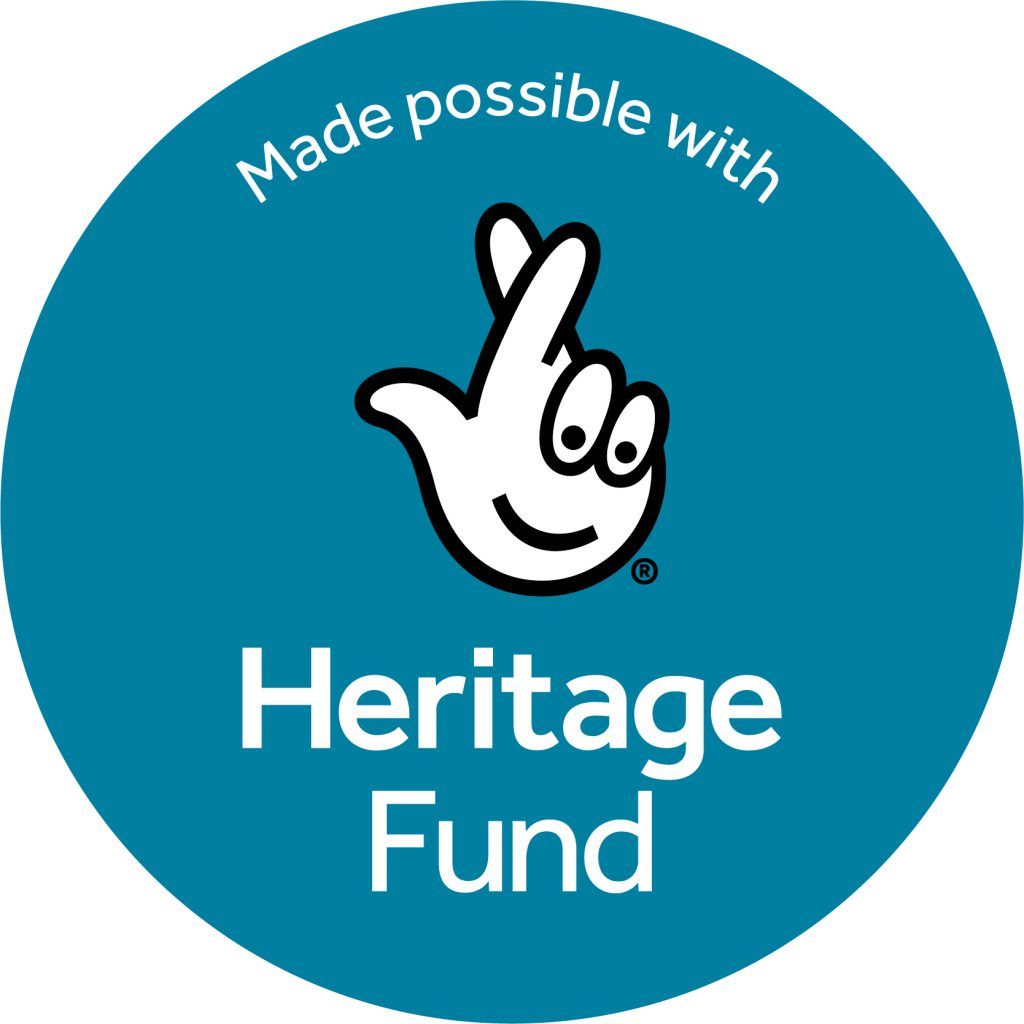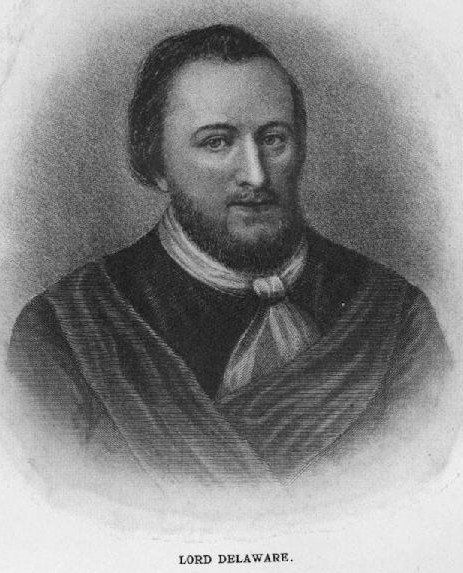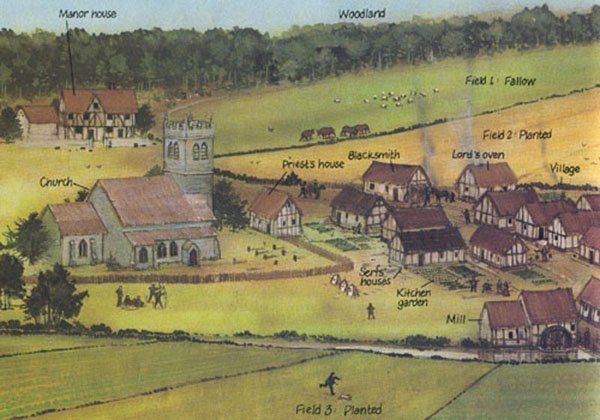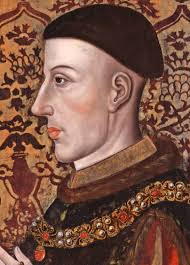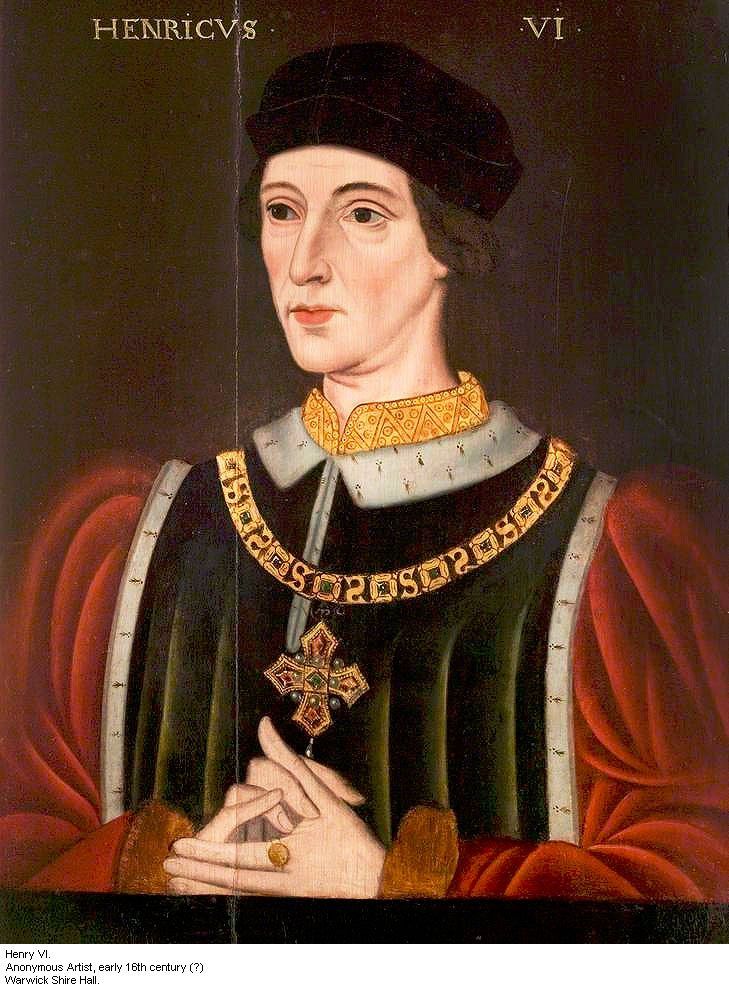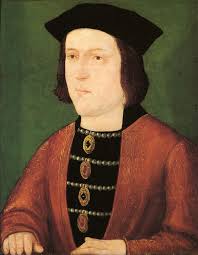15th Century Portslade
15th century Portslade
The 15th century was a turning point in mankind’s evolution – not physically, but intellectually, as the late medieval period entered early renaissance.
This century saw: the earliest version of the piano; glass windows in the houses of the rich in 1420; the invention of the printing press in 1440; the first printed book in England in 1477; Da Vinci designed the parachute in 1485; Columbus discovered the Americas in 1492; and whisky was invented in Scotland in 1494.
Many battles occurred, including the Battle of Agincourt in 1415, where Henry V defeated the French against all odds. The Wars of the Roses, a series of civil wars between the Houses of Lancaster and York, saw Henry Tudor defeat Richard III at the Battle of Bosworth Field in 1485 and crowned Henry VII. He was the last English monarch to achieve the position through military force.
In 1401, the Prior of St Pancras, Lewes wrote to the Pope in Rome, detailing a list of tithes required from 20 churches in the South of England – Portslade’s St Nicolas Church was one of them. Twenty shillings a year was paid to Lewes Priory (an unskilled manservant earnt 20 shillings a year). A tithe is a tenth of someone’s income that they pay as tax to the church.
In 1450, Richard West was Lord of Portslade Manor. In 1459 he received a grant of £40 a year for life for his services against the Yorkist rebels. He died in 1476 and his son Thomas West, Lord de la Warr, became Lord of Portslade Manor. He was a supporter of Henry VII and obtained large grants of land in Sussex. He mortgaged Portslade and other manors in 1497 to Ralph Bukberd of London.
The late 15th century saw women own property, run businesses, divorce their husbands, become scholars, writers and warriors. They influenced society to the point that the traditional jousts transformed from being strictly training for war, into events which culminated in music and dancing.
Food was frequently bread and pottage - a thick stew containing anything edible. Water was often unsafe to drink, so ale was drunk and would make up 20% of a peasants calorie intake.
The Portslade population would have been living in about 20 buildings, centred around the manor. Life expectancy was 30. However, if you survived to the age of 21, your life expectancy was late 60’s.
Researched & written by Stuart Jameson
Pictured:
1. The Mona Lisa by De Vinci.
2. The Battle of Agincourt
3. Lewes Priory, as it is today
4. Thomas West, Lord of Portslade Manor
5. Pottage for dinner
6. A typical 15th century village
15th century events from across the country
1401 to 1415 - The Welsh revolt against English rule
1485 - War of the Roses ends
Kings of the 15th century
Henry IV 1399 - 1413
Henry V 1413 - 1422
Henry VI 1422 - 1461
Edward IV 1461 - 1470
Henry VI 1470 - 1471
Edward IV 1471 - 1483
Edward V 1483 - 1483
Richard III 1483 - 1485
Henry VII 1485 - 1509
Lords of The Manor of Portslade
1398 - 1427 Rev Thomas de la Warr.
1427-1450 Sir Reynold West.
1450 - 1476 Richard West
1476 - 1497 Thomas West.
1497 - 1525 Ralph Bukberd
